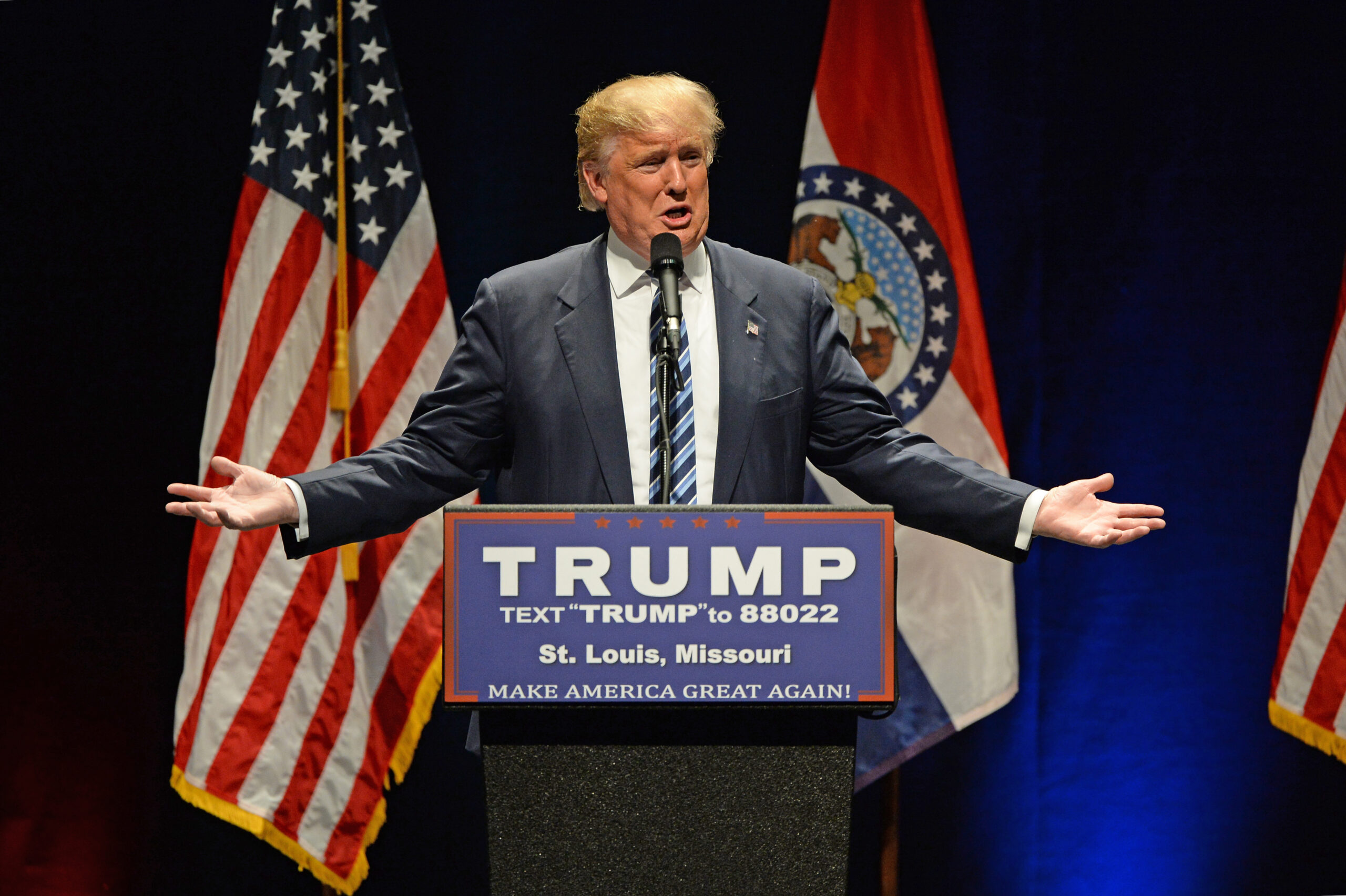Listen To Story Above
As the nation approaches the 2024 presidential election, heated debates have intensified regarding the influence of established media organizations on voter perceptions. Industry observers and political analysts have raised concerns about potential biases in mainstream media coverage, particularly noting what they perceive as favorable treatment toward Democratic candidate Kamala Harris’s campaign. This trend has sparked significant discussion about the state of objective journalism and its impact on electoral integrity.
🚨🇺🇸2024 MEDIA COVERAGE SHOWS RECORD BIAS AGAINST TRUMP
ABC, CBS, and NBC evening news gave 78% positive coverage to Kamala, while Trump received only 15% positive coverage—a 63-point gap.
This marks the most unbalanced media coverage in recent history, surpassing the 58-point… pic.twitter.com/d7uHZw71iB
— Mario Nawfal (@MarioNawfal) November 5, 2024
The scrutiny extends beyond routine political coverage, with critics pointing to alleged manipulation of narratives by major news outlets. As media’s influence continues to expand in the digital age, these concerns have prompted broader discussions about the responsibility of news organizations to maintain impartiality and transparency in their reporting during election cycles.
David Sacks says Kamala Harris's greatest asset isn't her likeability, track record, or policies but the fact that she has the corporate media behind her.
"For example, 100% of the ABC News coverage of Kamala Harris is positive, whereas something like 93% of their coverage on… pic.twitter.com/pZjmjoSnvg
— KanekoaTheGreat (@KanekoaTheGreat) September 23, 2024
These developments have led to increased examination of how media coverage shapes political discourse and voter decision-making, raising important questions about the balance between journalistic freedom and electoral fairness in modern democracy.







